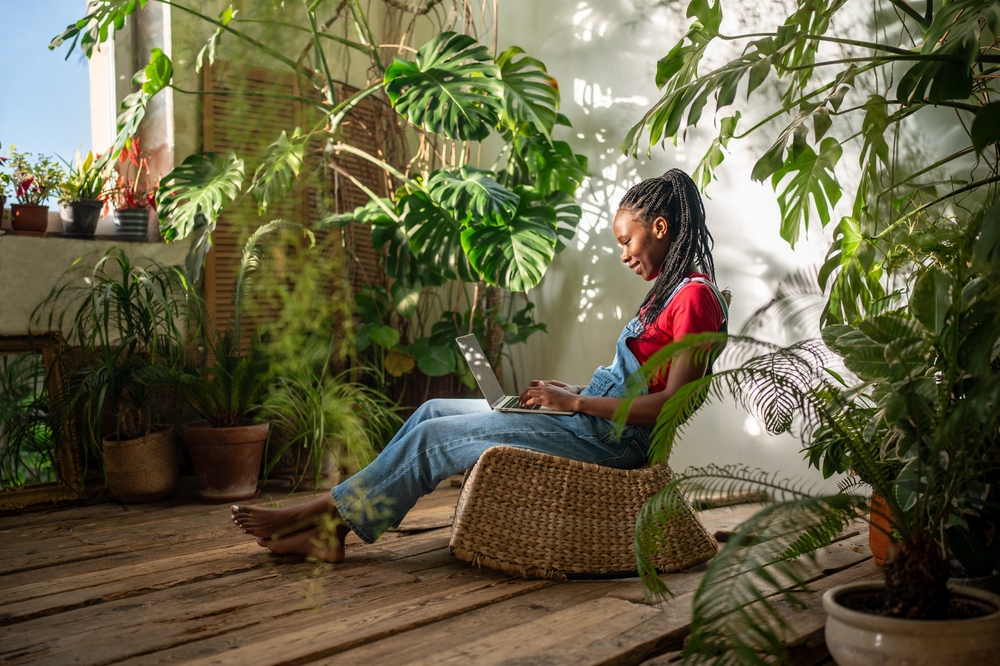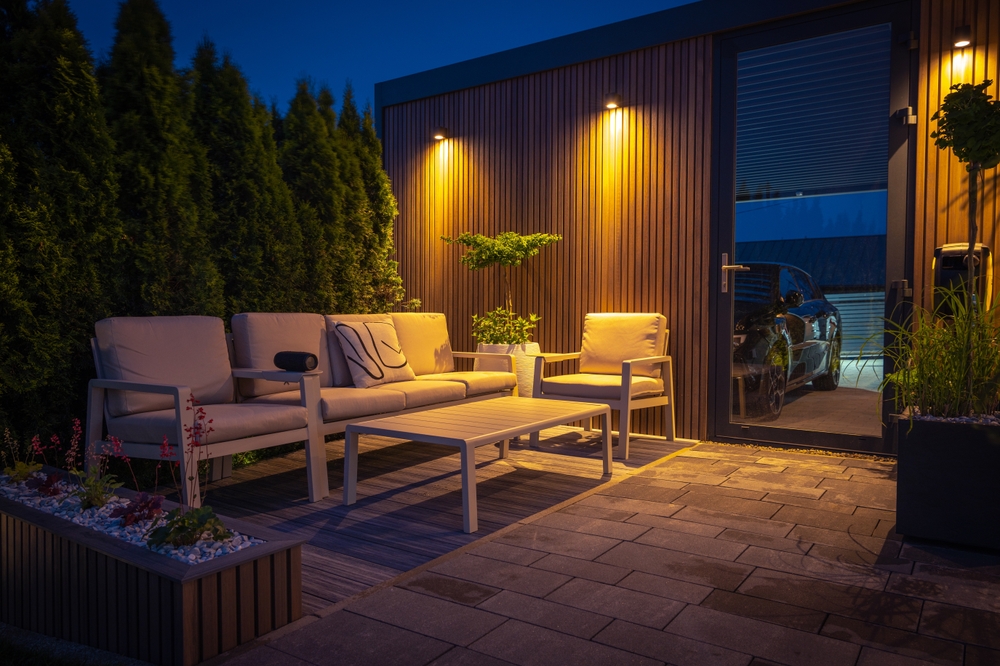How Small Gardens Add Joy to Daily Life
In the fast-paced world of 2025, where technology and urban living often dominate our daily routines, the simple pleasure of tending to a small garden has become more valuable than ever. Small gardens, whether a few pots on a balcony, a modest backyard plot, or a window box filled with herbs, offer numerous benefits that enhance our well-being and bring joy to everyday life. This article explores how these green spaces, regardless of size, can positively impact our mental health, foster creativity, and strengthen social connections.

The Mental Health Benefits of Small Gardens
One of the most significant joys that small gardens bring is the improvement of mental health. Studies in recent years have increasingly shown that interacting with nature, even in limited spaces, can reduce stress, anxiety, and depression. Gardening provides a therapeutic escape from the pressures of modern life, allowing individuals to focus on nurturing living things and witnessing their growth.
In 2025, as more people experience the stresses of urbanization, small gardens serve as a sanctuary. The act of planting seeds, watering plants, and watching them bloom can induce mindfulness—a meditative state where one becomes fully present in the moment. This mindfulness practice helps to lower cortisol levels, the hormone associated with stress, and promotes relaxation. Moreover, the greenery and natural colors in a garden stimulate the brain’s production of serotonin, often referred to as the “happiness hormone.”
For city dwellers who may lack access to large parks or natural landscapes, small gardens provide a pocket of nature that can be tended daily, offering a reliable source of calm and joy. Even a few minutes spent in this green space can elevate mood and increase feelings of contentment.
Fostering Creativity and Personal Growth
Beyond mental health, small gardens encourage creativity and personal growth. Gardening is both an art and a science, requiring planning, experimentation, and adaptability. Choosing which plants to grow, arranging them aesthetically, and discovering the best care routines can be deeply satisfying and stimulate creative thinking.
In 2025, the rise of urban gardening trends has led many to explore vertical gardens, hydroponics, and container gardening, transforming limited spaces into lush, productive green areas. These innovative approaches to gardening challenge individuals to think outside the box and develop unique solutions tailored to their environment.
Additionally, small gardens teach patience and responsibility. Unlike many facets of modern life that promise instant gratification, gardening requires time and consistent effort. Watching a seed slowly transform into a flowering plant or edible vegetable nurtures a sense of accomplishment and pride. For children and adults alike, this process cultivates patience, resilience, and a deeper appreciation for nature’s rhythms.
By engaging with their small gardens, people can also explore new hobbies such as flower arranging, herbal medicine making, or cooking with homegrown produce. These activities enrich daily life and provide opportunities for lifelong learning and self-expression.
Strengthening Social Connections Through Shared Gardening
Small gardens also play an important social role, helping to build and strengthen community ties. Gardening, even on a small scale, can be a shared experience that brings people together, fostering friendships and mutual support.
In many urban neighborhoods in 2025, community gardening initiatives have gained popularity, encouraging residents to contribute their small garden plots or container gardens to a collective space. These projects create vibrant, green hubs where people exchange gardening tips, swap seeds, and celebrate harvests together. The social interaction involved in these activities combats loneliness and builds a sense of belonging.
Even individual small gardens can be a source of connection. Sharing cuttings, homegrown vegetables, or flowers with neighbors and friends can spark conversations and deepen relationships. Social media platforms also allow gardeners to join virtual communities, share their progress, and gain encouragement from like-minded individuals around the world.
Moreover, small gardens often become focal points during gatherings, picnics, or outdoor meals, providing a beautiful and calming backdrop that enhances social experiences. They encourage people to spend more time outdoors, engaging with others rather than retreating into screens.
Conclusion: Embracing the Joy of Small Gardens in 2025
As life in 2025 continues to accelerate and urban spaces grow denser, the value of small gardens cannot be overstated. These modest green spaces bring joy by improving mental well-being, sparking creativity, and fostering social connections. They remind us to slow down, nurture living things, and appreciate the simple wonders of nature.
Whether you have a tiny balcony, a sunny windowsill, or a small patch of soil, cultivating a garden can transform your daily routine. The joy derived from watching plants grow, engaging in a creative process, and connecting with others through gardening enriches life in profound and lasting ways. In a world increasingly dominated by technology and urban distractions, small gardens serve as vital sanctuaries of peace and happiness that everyone can enjoy.
Disclaimer: All content, including text, graphics, images and information, contained on or available through this web site is for general information purposes only. The information and materials contained in these pages and the terms, conditions and descriptions that appear, are subject to change without notice.






